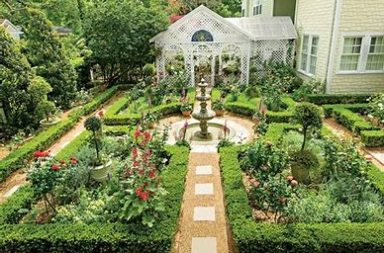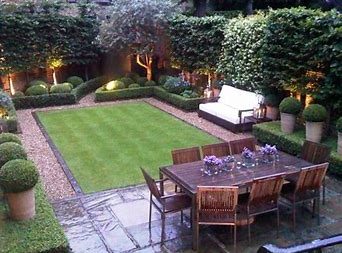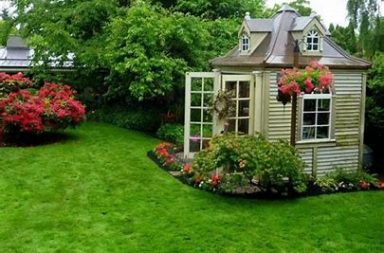Gardening is a process of hard work that results in many rewards. By sewing a few seeds in the ground and providing them with a little love and care, you can have a garden that is full to the brim with beautiful flowers or fruits and vegetables. The advice in this article will help you with gardening.
It is obvious that plants require water to grow. It’s also important to know the amount of water that particular plants actually need. Overwatering or under-watering a plant can severely damage its growth and health. Overwatering can result in root rot, where the water-filled environment encourages the growth of microbes that eat away at the roots. Under-watering a plant can make it’s leaves dry and brittle.
Flush your plants with water if the rim of the pot or top of the soil has white salt deposits. Flush using twice the amount water as the size of the pot. Salt accumulates when using liquid fertilizer and can cause a PH imbalance. Once you have flushed the plant, do not water the plant again until the soil is dry.
Use fertilizers that are free for the taking. Using chemical free grass clippings or human urine for a nutrient rich and free fertilizer. Twenty parts water with one part urine is an excellent fertilizer for seedlings, or steep the grass clippings in water to make a tea for watering and fertilizing the plants. So don’t spend a lot on the garden when the fertilizers can be had for free.
An excellent way to store the goodies from a homegrown garden is to freeze them in small batches. Using small sealable plastic bags and cutting small amounts of fresh vegetables every few days will help store the extras from the garden. Just bag and toss in the freezer and the packets can be added at any time to soups and pastas year round.
When using fertilizer, moderation can be the key to success. While it’s true that using a fertilizer can enhance your garden’s productivity, it’s better to apply it sparingly. An overdose of fertilizer can cause excessive growth of the plant’s foliage with stunted development of the fruit or vegetables thereby reducing your harvest.
Don’t plant large shade trees in your yard between the curb and the sidewalk. Large trees have powerful root systems. These roots will crawl under the sidewalk, lifting and breaking the sidewalk pavers. The sidewalk can’t be repaired properly without removing the tree roots, which would damage the tree. Smaller ornamental trees will do less damage.
You can enjoy fresh corn from your garden for an extended time during the summer by making several plantings. About a week after you plant your first few rows, make another planting of a few more rows. As the harvest from your first planting begins to dwindle, your next planting will be nearing maturity. Depending on the length of the summer season in your area, you might be able to make several plantings.
As stated before, gardening is hard work, but provides many rewards. A combination of seeds, love, and care can result in beautiful flowers and ripe fruits and vegetables. Using the advice in this article on gardening, you can create a magnificent garden that will showcase your hard work.


